-
Hair In Art and Storytelling

It’s stating the obvious to point out that, in children’s fiction, a character’s hair maps onto personality. But in continuing to use hair-personality shortcuts, are writers perpetuating stereotypes? Canadian teen actor Sophie Nélisse plays the title role, a young girl in foster care who we know is not terribly well-off emotionally because her hair is […]
-
Inside Out And Neurodiversity
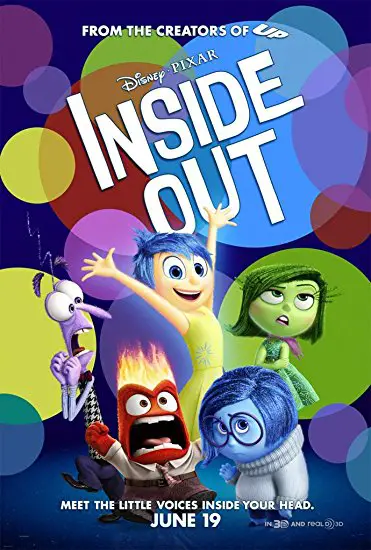
Inside Out is a 2015 Disney Pixar animated film for children. This is one of Pixar’s most popular. Inside Out is therefore fascinating from a writing point of view because it an example of the battle-free myth form, which we haven’t seen much of until recently. This one is also a pedagogically useful film. Occupational therapists […]
-
The End Of The Fxxxing World Storytelling
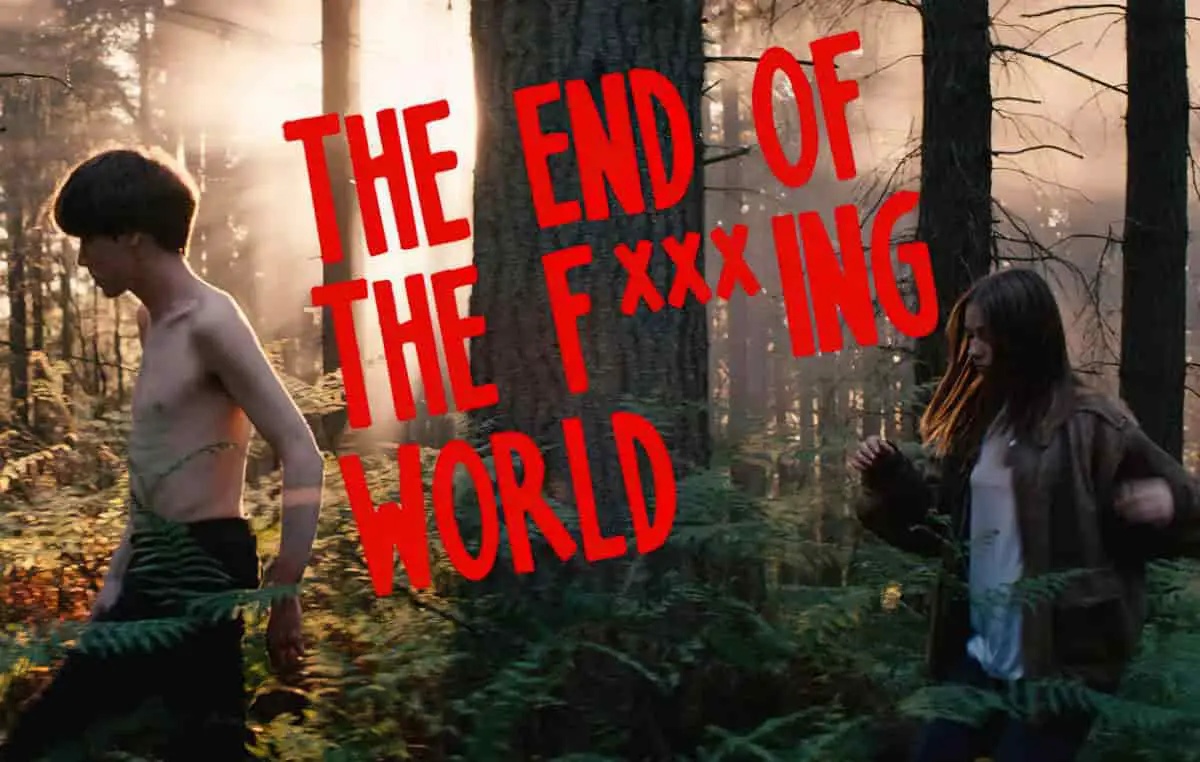
Listed on IMDb as a comedy drama, The End Of The Fxxxing World is a darkly comic coming-of-age tale with a major crime at the centre of the plot. It is also a twisted and cynical romance. The script is written by Charlie Covell, based on the graphic novel by Charles Forsman. Forsman is an American […]
-
Alexander and the Terrible, Horrible, No Good, Very Bad Day Analysis
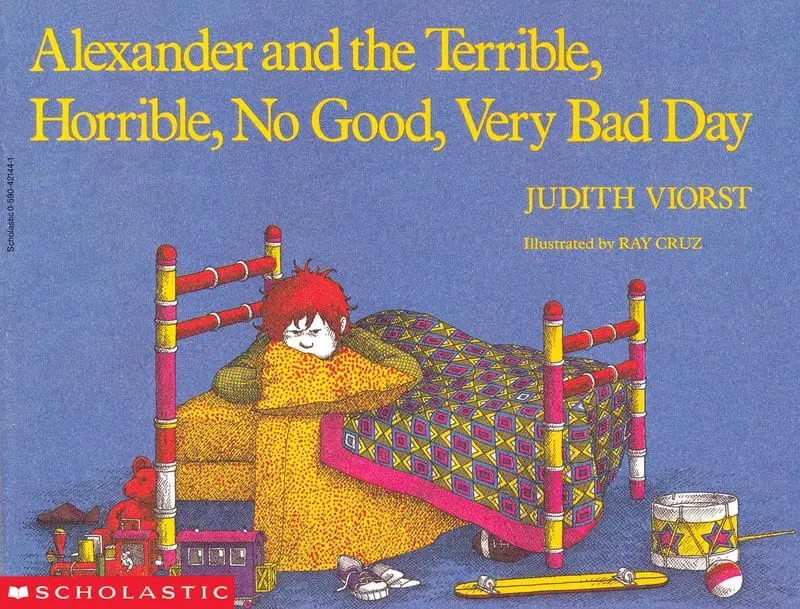
Alexander and the Terrible, Horrible, No Good, Very Bad Day is an American picture book written by Judith Viorst, published 1972. This was the first in the Alexander series, followed by: Alexander, Who Used to be Rich Last Sunday Alexander, Who Is Not (Do You Hear Me? I Mean It!) Going to Move Alexander, Who’s […]
-
What is the meaning of Save the Cat in storytelling?

Save The Cat was Blake Snyder’s term for screenwriters, though it’s used a lot by novelists, too. Snyder had the following advice when setting up a main character: Heroes should be introduced by a selflessly heroic moment in which they ‘save a cat’ or similar, to show they’re a good person. Blake Snyder The opening […]
-
Lady Bird Film Study
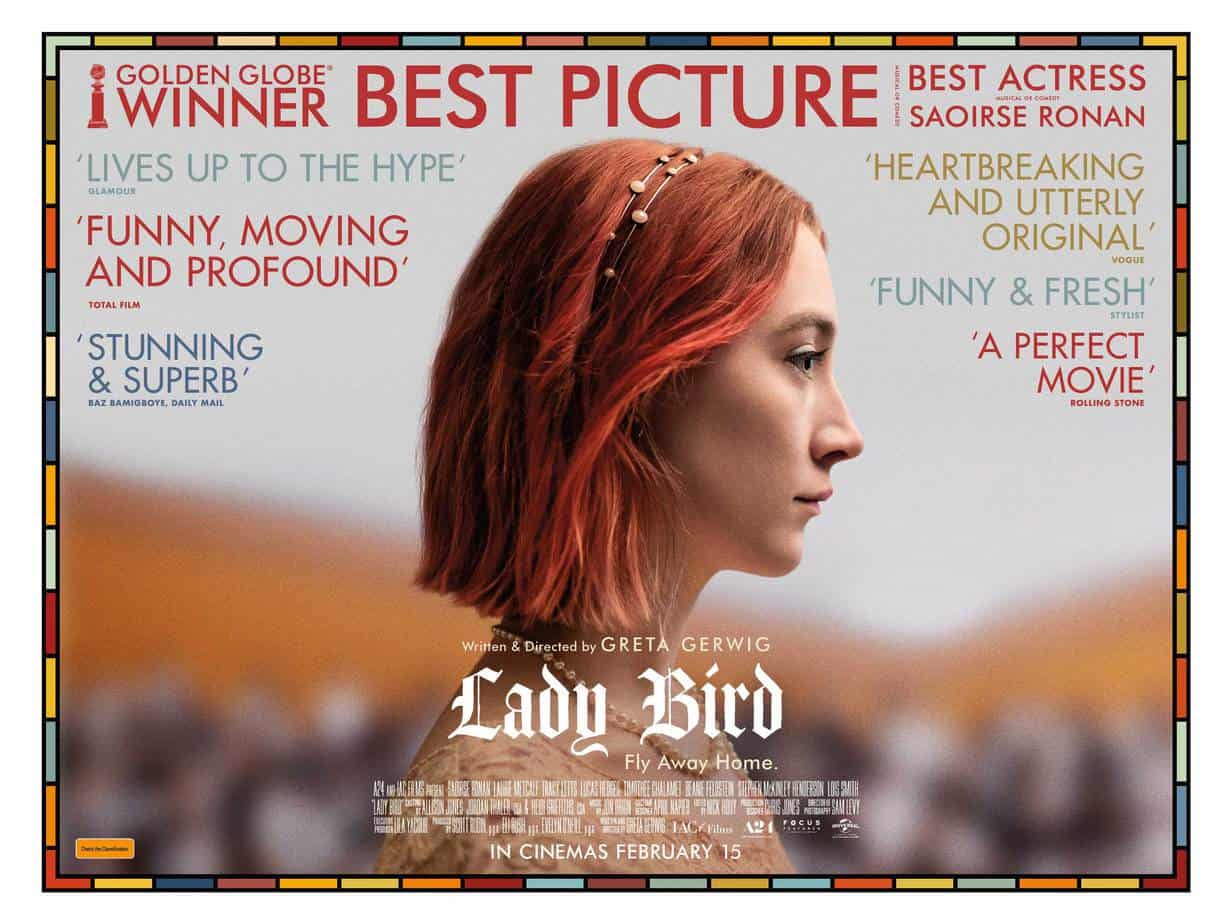
Lady Bird is an American coming-of-age film written and directed by Greta Gerwig, who won a bunch of awards for it. I can see why.
-
Elephant and Piggie Comedy Techniques Analysis
The Elephant and Piggie books, invented by Mo Willems, are favourites of my 9-year-old daughter, who is otherwise long past beginner readers. She has asked for more Elephant and Piggies for her tenth birthday. She feels a lot of similar level stories are ‘too babyish’ for her but an enduring interest in the Elephant and […]
-
The Iron Giant Storytelling Technique
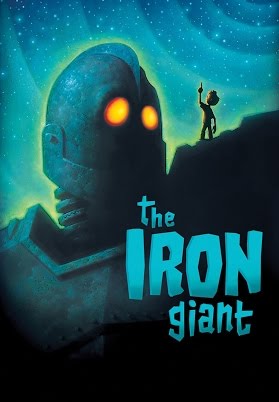
The Iron Giant is a 1968 science fiction middle grade novel by Ted Hughes, adapted for film in 1999 by Tim McCanlies and Brad Bird. Brad Bird later wrote the screenplays for The Incredibles and Ratatouille. Tim McCanlies has worked on Denis the Menace, among many other things. SETTING OF THE IRON GIANT PLACE Rockwell […]
-
Masks In Storytelling
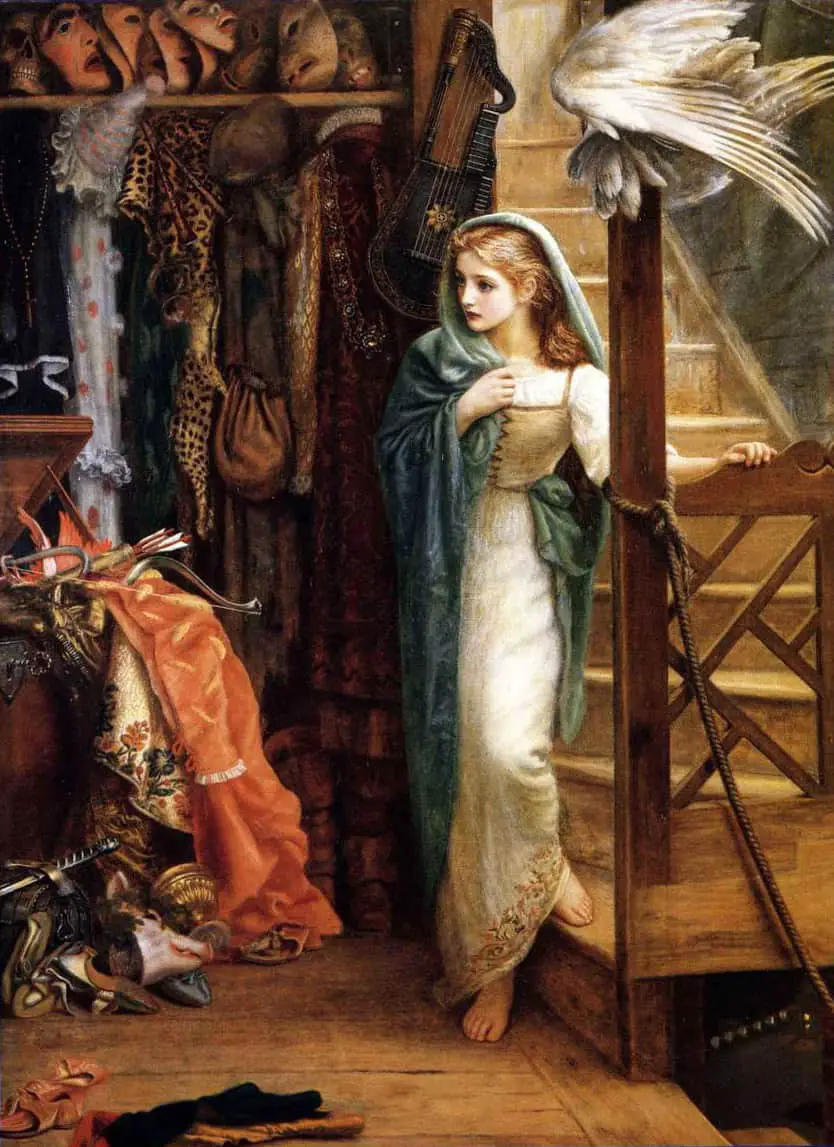
We love stories about tricksters who get away with stuff. But we don’t want them to get away with stuff forever. We want them to be found out. For instance, when Emerson Moser retired from Crayola and revealed that he is colour blind, he made sure that this one little detail of his career would […]
-
Humour and Storytelling of Kath and Kim

Kath and Kim is a satirical Australian comedy series created by Jane Turner and Gina Riley, which aired 2002, 2003, 2004 and 2007. There are a couple of movies, too. Kath and Kim was remade in America but failed to achieve popularity. Kath and Kim is a specifically (pacifically) Australian series, though enjoyed equally in New […]
-
Tiny Books For Kids Who Love Cute Things

My kidis not a wide reader but will read the same illustrated series over and over again, and also anything tiny. She loves Sylvanian Families, bugs and tiny books. In an effort to get her reading more widely I asked for recommendations from people who know kids’ books. Here’s what they suggested: THE BEATRIX POTTER […]
-
Matilda by Roald Dahl Novel Study
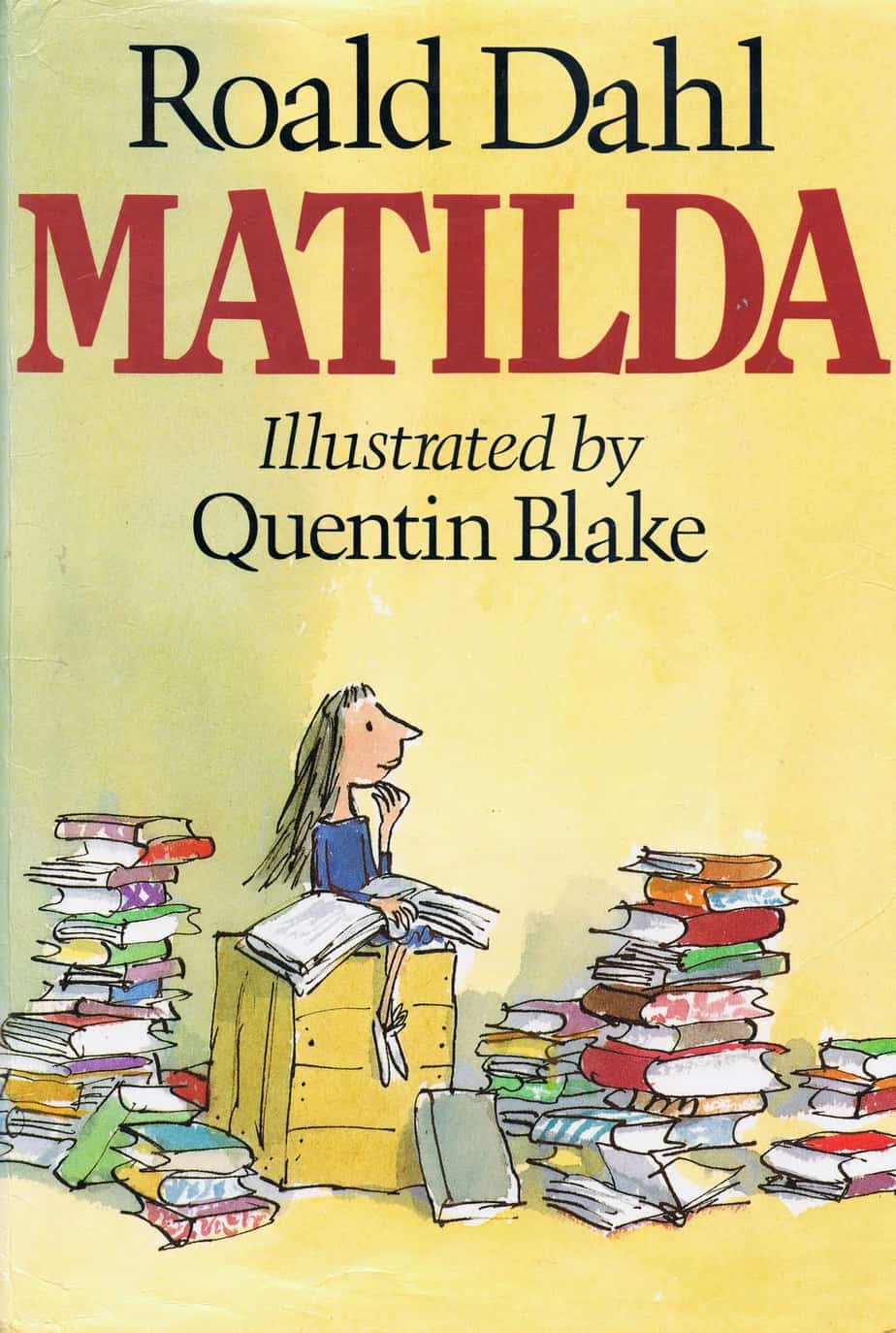
Matilda is a classic, best-selling children’s book first published in 1988. This story draws from a history of children’s literature such as classic fairytales and Anne of Green Gables. Matilda was written by Roald Dahl, but significantly improved by a talented editor and publisher, Steven Roxburgh. For half of his writing career, Dahl wrote for adults. […]
-
A Letter To Momo Film Study
Letter to Momo is a 2011 Japanese feature anime directed by Hiroyuki Okiura, also known for Ghost In The Shell. After the oceanographer father drowns in a disaster at sea, mother and daughter move from Tokyo to the small island village where the mother spent holidays once per year with her aunt and uncle to […]
-
To The Manor Born Storytelling Techniques
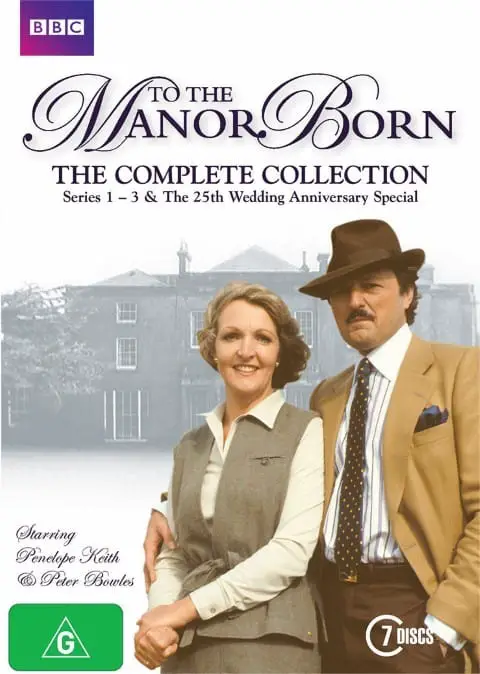
To The Manor Born is a British romantic comedy series written by Peter Spence which aired from 1979 to 1981. The actors reunited for a Christmas special in 2007. The writer is also known for Rosemary & Thyme and Not The Nine O’Clock News. Spence is educated in politics and American studies, which come across […]
-
Black Mirror Season Four Storytelling Takeaways
Black Mirror is a science fiction anthology series exploring a twisted, high-tech world where humanity’s greatest innovations and darkest instincts collide. Each story says something about our relationship to technology and how technology affects our relationships with others. SEASON FOUR: USS CALLISTER LOG LINE: A virtual woman wakes up on a Star Trek-esque ship where the […]